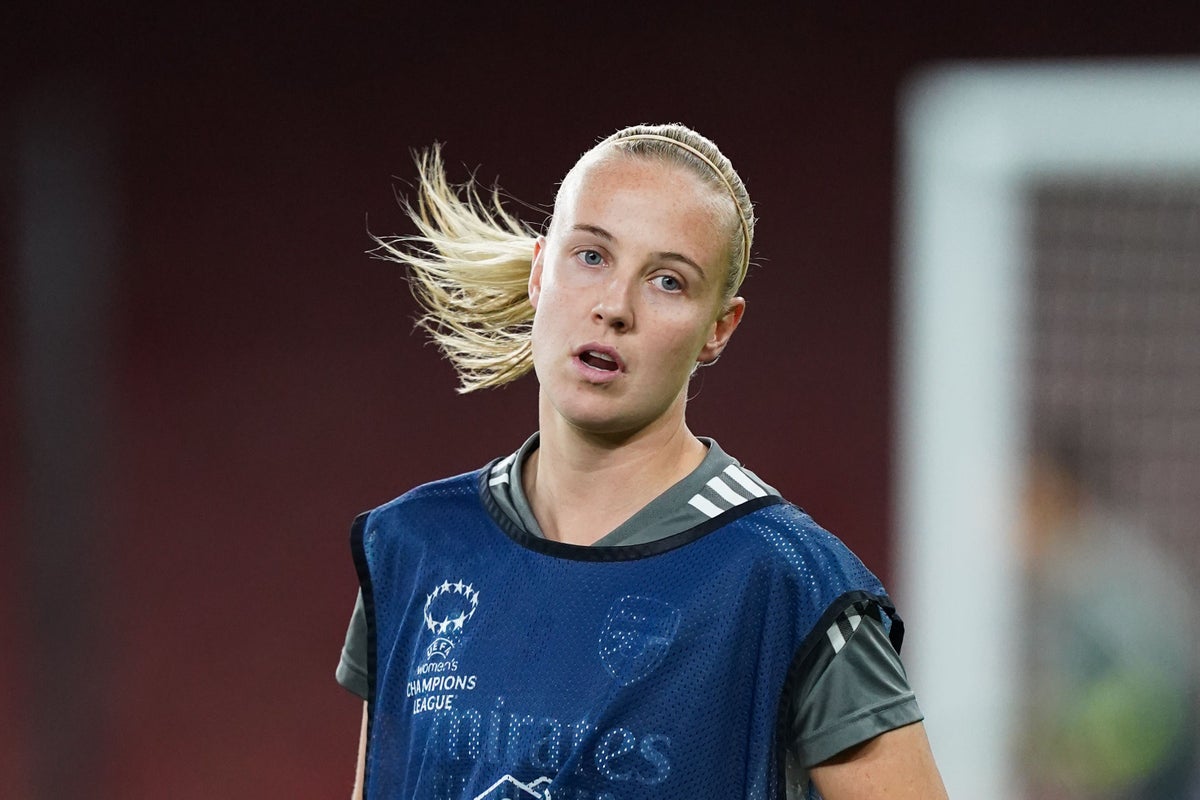
Lionesses Beth Mead and Lucy Bronze will be among those receiving honours at Windsor Castle on Wednesday.
The pair, who won the 2022 European Championship with England, will both become MBEs for their services to football.
The accolade tops off a spate of awards for Mead, 28, who was joint Golden Boot winner at the Euro 2022 tournament and went on to win BBC Sports Personality of the Year 2022.
Bronze, 31, previously told the PA news agency she told her grandma straight away when she found out about the honour.
An MBE is obviously a huge honour and very special— Lucy Bronze
She said: “To be recognised for everything I’ve done throughout my career was a little bit surreal. It’s just something so different from football and something harder to compute.
“An MBE is obviously a huge honour and very special … My grandma probably doesn’t understand many of the awards I’ve won in football but she adored the Queen, so I thought ‘this (MBE) is going to be her special thing’.”
Dame Virginia McKenna, 92, will receive her damehood for services to wildlife conservation. The campaigner was one of the most popular and acclaimed British film actresses of the 1950s and 1960s and featured in the 1966 film Born Free, set in Kenya.
Luther Blissett, who was one of the most prominent black English footballers in the 1970s and 80s, will become an OBE.
Blissett, 65, was the first black footballer to score a hat-trick for England and was bought by AC Milan for £1 million in 1983.
He is now patron of Sporting Memories, which uses the power of sport to unlock memories in people with dementia, depression or loneliness.
Former royal aide Jason Knauf, who once made a bullying complaint against the Duchess of Sussex, will be appointed to the Royal Victorian Order (RVO), an honour which is in the King’s gift and bestowed independently of Downing Street to people who have served the monarch or the royal family in a personal way.
Belfast-based nurse Nicola Bailey will be made an OBE for her work offering legal early medical abortions to women in Northern Ireland.
Covid-19 restrictions meant women were not able to travel to England to access services during the pandemic.







